Please click the heart ❤️ so I’ll know you read this. Thank you!
I’m in bumper-to-bumper traffic waiting to cross the Sagamore Bridge. This bridge, which, along with its sister the Bourne Bridge, three miles to the west, spans the 480-foot-wide Cape Cod Canal, has been determined by the Army Corp of Engineers to be in need of replacement. The funding and engineering processes have begun—we’ve even seen drawings and 3D renderings of the future spans in the local news media—but it will be years before we actually drive over them.
With that in mind, naturally, I’m imagining this 90-year-old bridge collapsing under the weight of so much traffic just as I reach its center point, cars and trucks tumbling like Matchbox toys a hundred and forty feet to the deep cold darkness below.
And what is my response to this grim fantasy? I laugh out loud.
Do I laugh because I’ve conquered the fear of death? Because I find the idea of clinging to our fleeting lives absurd, or life itself preposterous? Or is it a nervous laugh? A fear-induced laugh? Am I laughing because I can’t actually conceive death, and so my imagined scenario is more like an animated Loony Tunes production than a living nightmare?
I’m halfway over the bridge, and I’m still chuckling. I’m thinking, Yep, that would be the end of that. No more Don. No big deal.
And it really wouldn’t be a big deal.
For me.
My wife would miss me, of course. And my kids; well, I imagine they’d have some conflicted feelings.
I still remember, a long time ago—I was in my early twenties—sitting on some old railroad tracks beneath another, much smaller bridge (in Wareham, not so far from here), listening to the occasional whirr of a car passing overhead and musing on life’s biggest questions. I was trying to imagine what it would be like to be dead, when suddenly I was suffused with this clear and powerful realization:
It wouldn’t be like anything.
I understood that there would be no me to think, So, this is what it’s like to be dead. I wouldn’t exist, so of course I couldn’t think that! This realization hit me so hard that I remember the moment as if it were last week. The weight of my insight actually caused me to catch my breath.
And that realization led to another: We are not capable of truly conceiving death because it is impossible to imagine our own non-existence. Literally impossible.
It was, for me, profoundly moving to suddenly grasp an absolute human limitation, beyond which we cannot go. (Please try this; try to imagine your own non-existence. In any scenario you conjure, even if it’s your own likeness in a coffin, or an empty room, or a world without you, it is still you who are directing this picture, you as the observer, the imaginer. This is not exactly the same as projecting what it actually feels like to not exist. The question itself—What does it feel like to not exist—is a self-contradiction, an oxymoron.)
Since that realization thirty-five years ago, I have, despite the difficulties in imagining it, come to understand that the self actually is something that comes to an end, but that is only because it doesn’t really exist in the first place, at least not in the way most of us believe.
It took this re-frame for me to finally understand the true nature of self:
Self is something we do, not something we are.
I like to look at it like this: If I’m singing a song, and then I stop singing, where does the song go? Our selves are like a song, except it is thinking, rather than singing, that creates the illusion of self. Self is a thought process, an idea, a construct of the mind; it is not a solid entity that exists independent of the body, something that science can set aside for study and research. (Statements like I have a body, or, I don’t like myself, only reinforce this misunderstanding of what self is. The philosopher Krishnamurti calls such thinking fragmentation, the illusory splitting of one into two.)
It is true what Descartes said, I think therefore I am, but only in the sense that we think ourselves into a sensation of “I.” (To be clear, the illusion is not our physical existence, the body and all of its faculties, including the mind. Those exist, as far as we know. I’m talking about the sense of self, the thing we call me.)
But this realization would not come instantly, like that breath-taking insight so many years ago. It was more of a slow understanding. Our feeling that we are something more than a physical organism that walks around and does stuff, that we are something permanent, something that exists at a higher or more profound or spiritual level than the body, goes so deep, and is so habitual, so pleasant, and so emotionally needed, that even faced dead-on with the facts, it’s hard to conceive this truth.
I am thinking, but that does not mean that “I” is a thing separate from thinking. It would be more accurate to say, “Thinking is occurring,” or just, “Thinking,” and leave the I out of it. Thinking is happening somewhere within the context of this body, and the thinking itself tells a story; I am me. Then it grows very attached to that story.
And the thing is, there’s nothing wrong with that. It’s how this structured organism works. It’s the basis of self-protection, of survival; self-awareness and self-importance mean self-care.
But I think that if we want to gain control of our fear of death, which is a consequence of that self-importance, it helps to understand who, or what, we really are.
I think it was that understanding—that my entire sense of self is but an idea—that caused me to laugh when I imagined the Sagamore Bridge collapsing and taking me down with it. Me and all that rusty steel and all those chunks of asphalt only continuing the journey, returning to the elements, spreading out across the world and the universe, eventually becoming “things” again, some of those things alive, some not.
I personally do not want to be overly attached to this living being they call “Don Boivin” because it’s not enough. It’s only one, short-lived, temporary thing, and truth be told, attachment, wanting it really badly, wanting to maximize its experience, to hold onto it, to make it into something really awesome and special, only makes me feel its loss, which is fast coming. Why not let it go now?
I’m tumbling, I’m falling, I’m joining.
I am everything.
Hahahahahohohohohehehehhahahaha.
DB 🙏💚
Postscript: I fear that some may find this essay demoralizing or bleak. All I can say is that I experience more joy, see more beauty, and appreciate life more deeply when I don’t cling or attempt to possess that which cannot be possessed.
*All photos by Don Boivin
Thank you for reading Shy Guy Meets the Buddha: Reflections on Work, Love, and Nature. If you enjoy these mindfulness-themed biographical essays and would like to show your support, please consider becoming a valued patron for only $5 a month. Or if you like, you could “Buy me a coffee.” Thank you! 💚





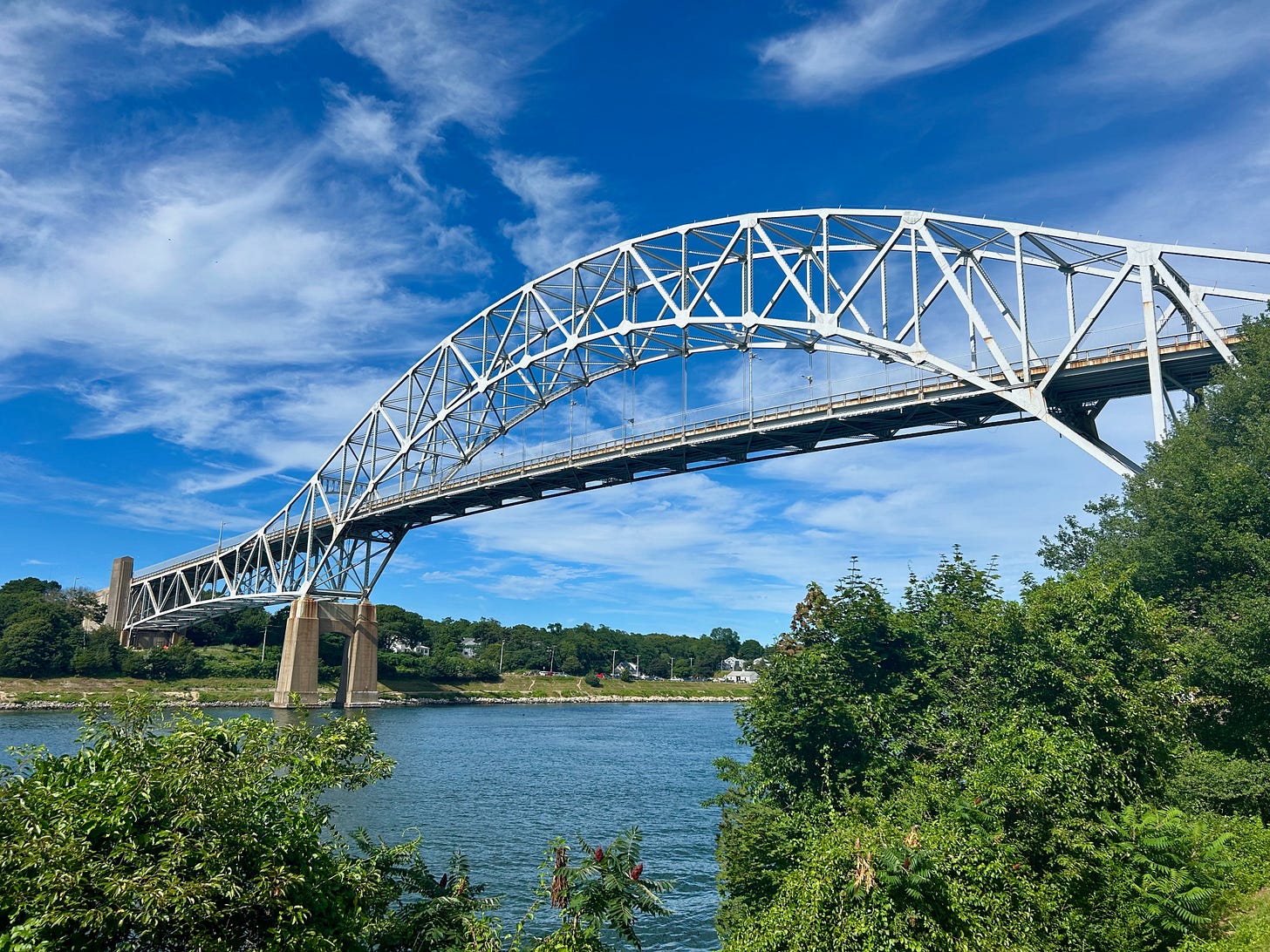
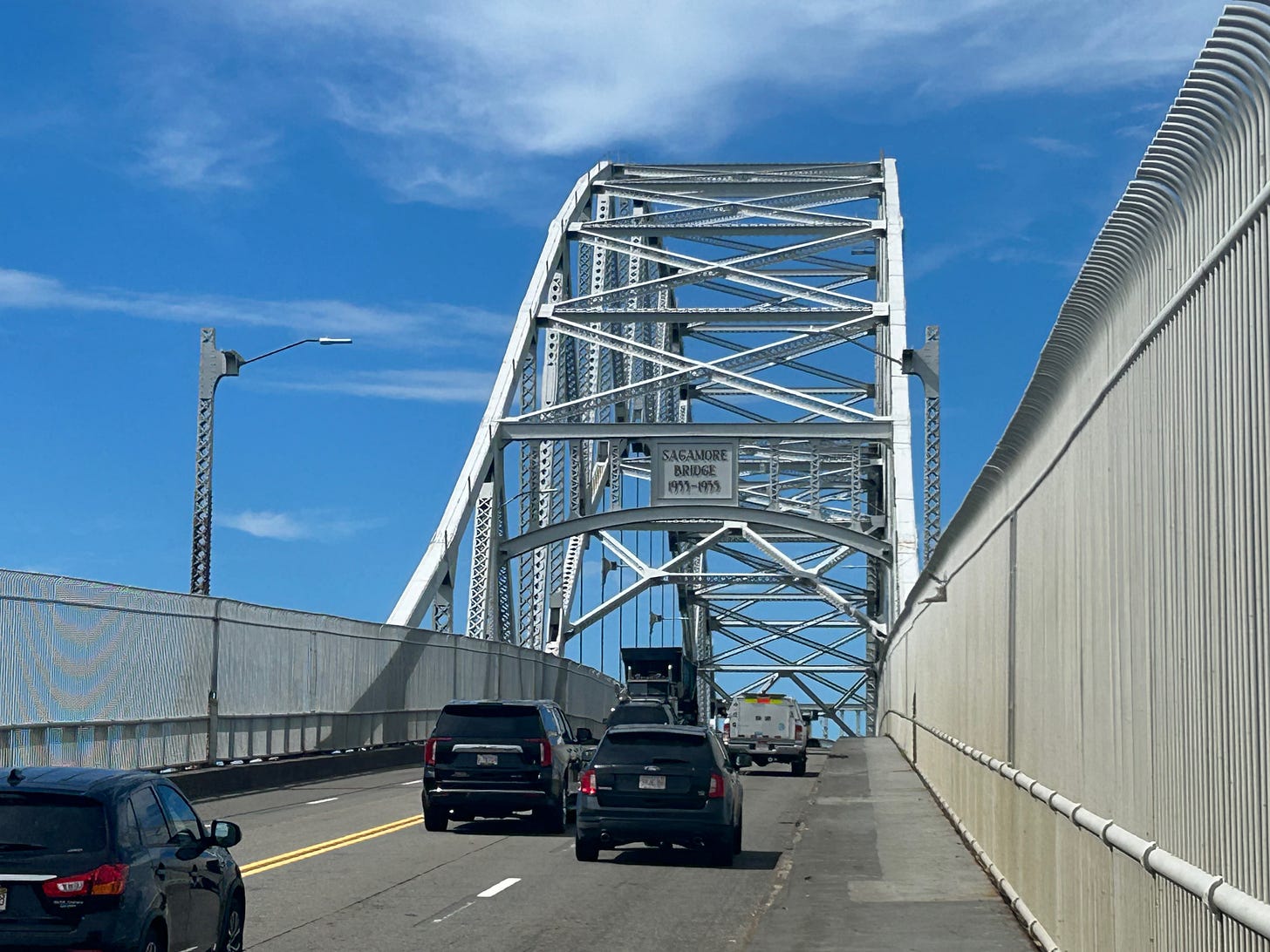
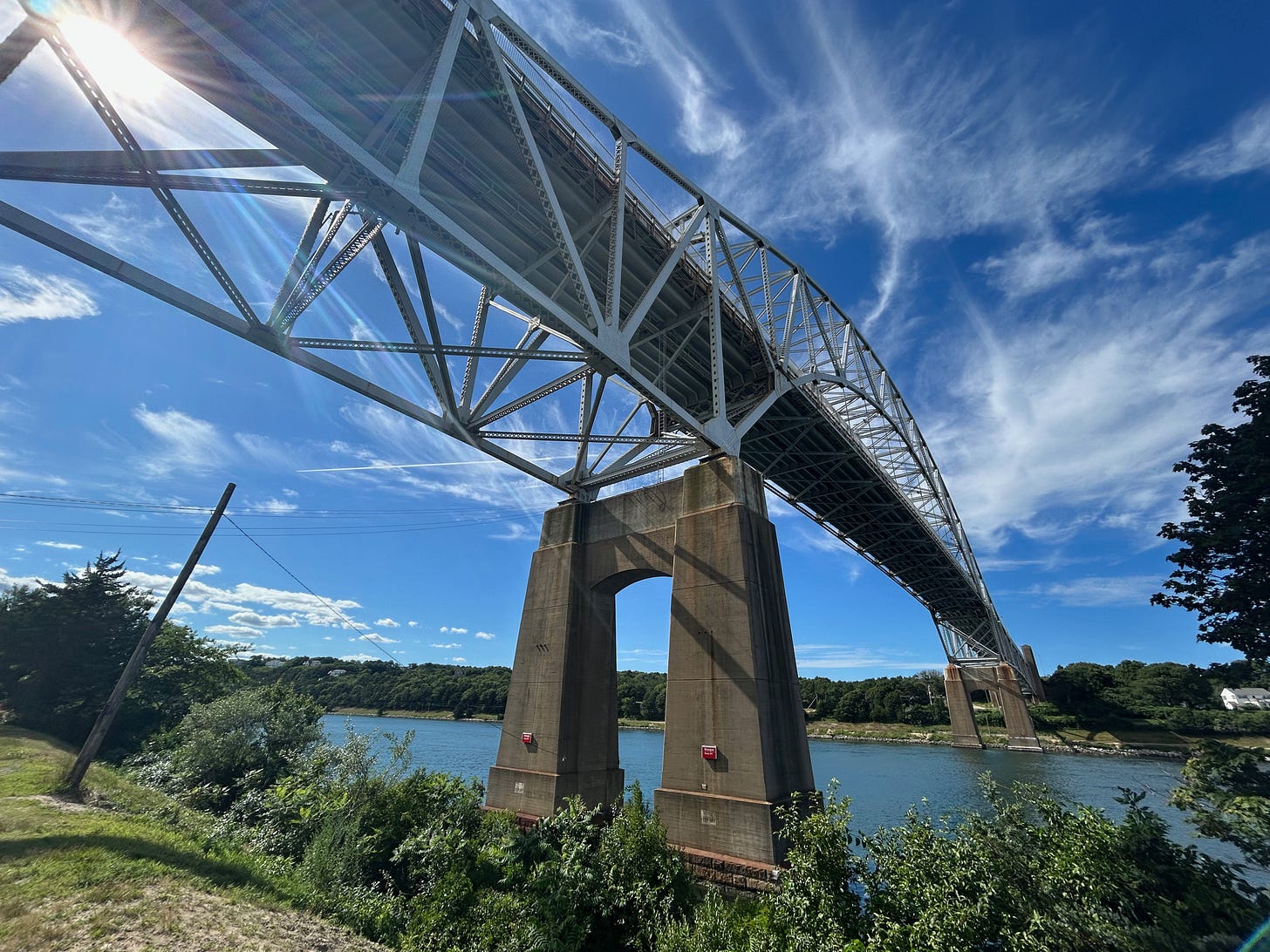
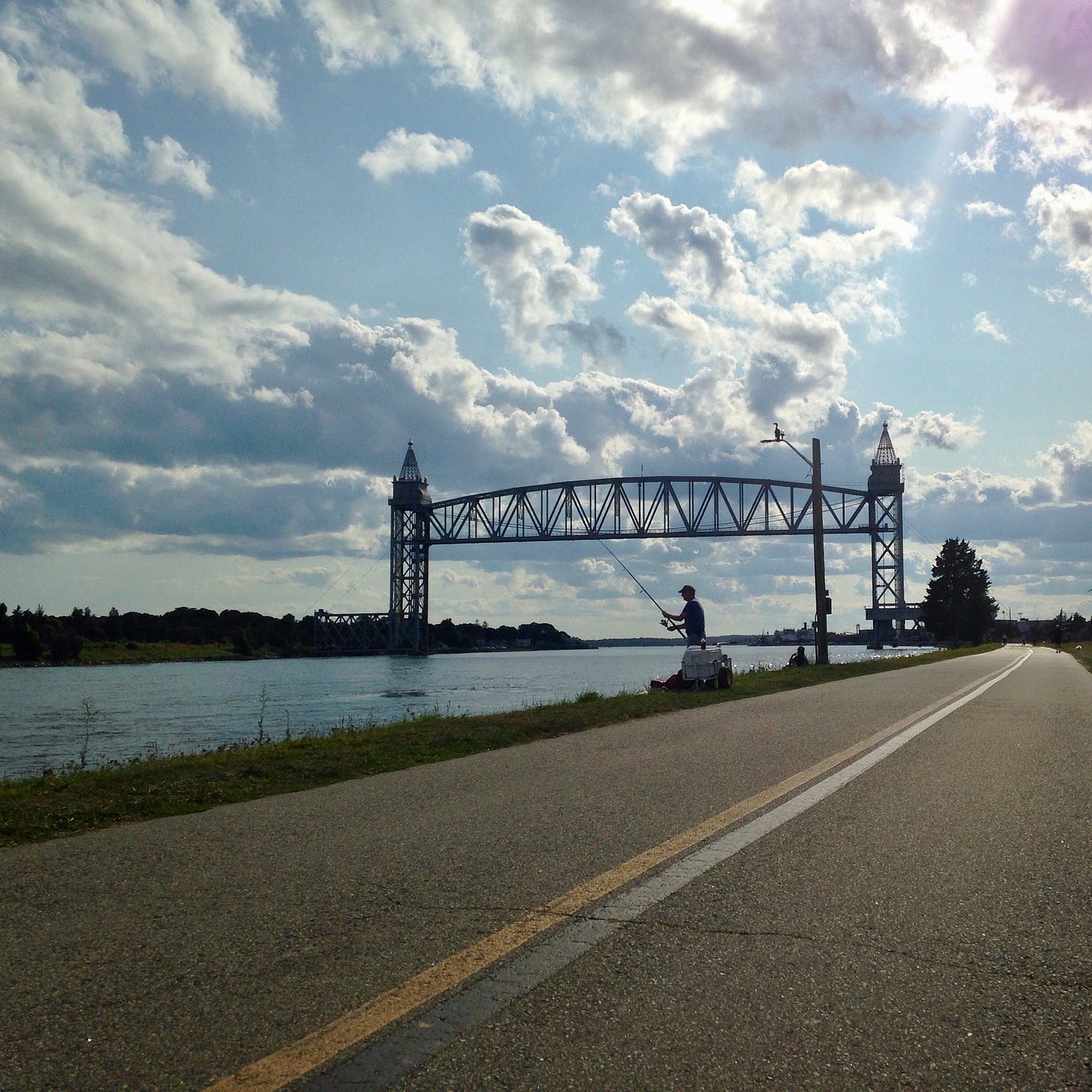

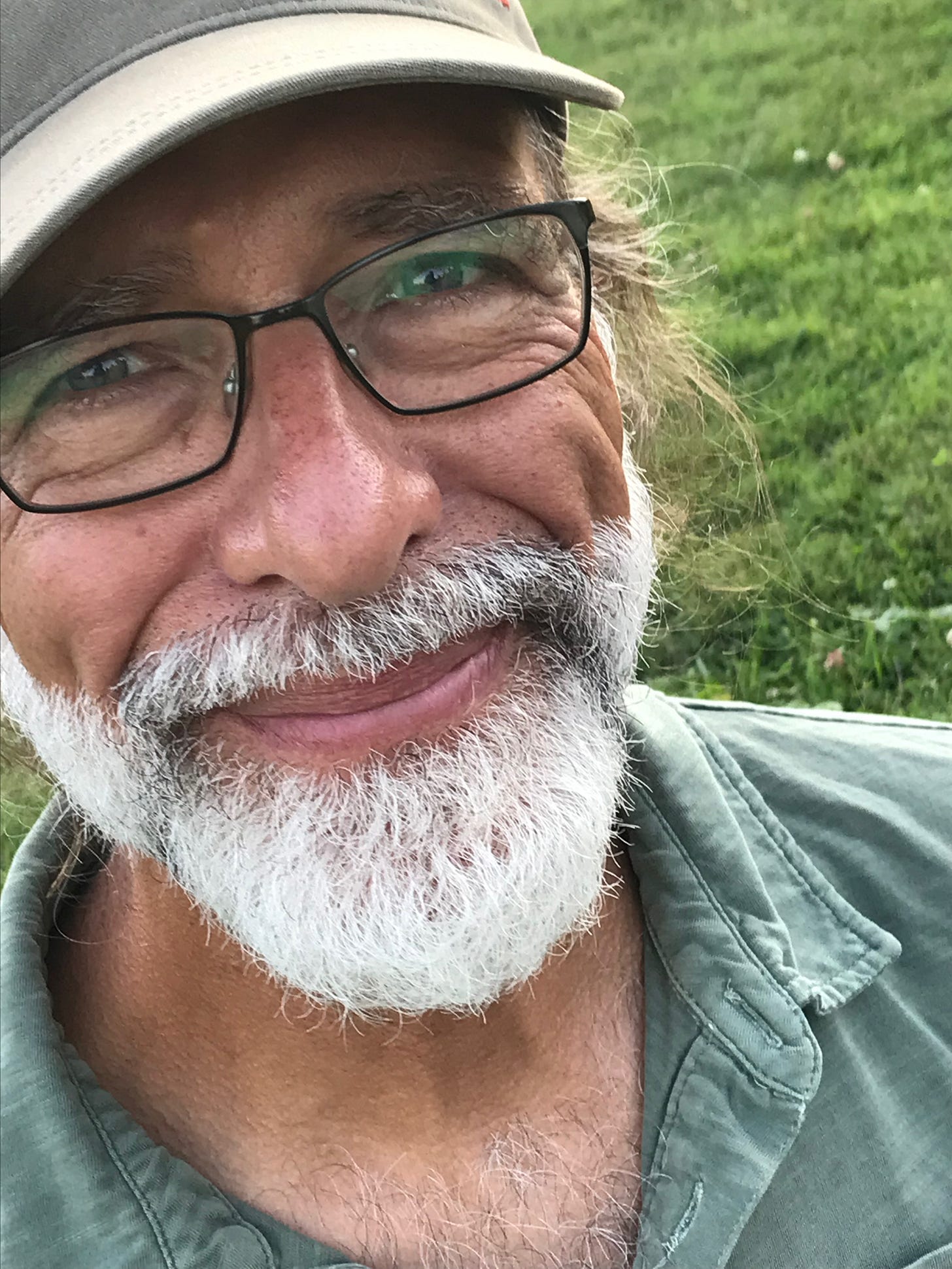
As I’m writing my memoir on Substack, I think about all of the different iterations of this “me” in this body. My “thinking” and “remembering” are contingent on the limitations therein. I post photos and it is comforting to watch “myself” grow i nto the “me” of today. I was born in 1952 and I’ve written up to 1994, so I have more years to contemplate ahead of me as I live in the present moment. As a retired hospice chaplain of 30 years, I’ve had lots of time to think about death and the sacredness of each individual person’s one life and one death. Mostly, I’ve come to the conclusion that after the body and mind quit, the rest is not my business.
I don't find this post bleak, Don, but it is a challenge for my "I" mentality. I acknowledged and accepted some time ago that it's not death I dread, it's dying, because the process of leaving what we know behind is often associated with pain and sadness. Can I get to a place of being at peace with those very human realities? I'm not sure.
I think I'm more at ease with the concept presented by Andrea Gibson, the phenomenal poet who passed away recently, in "Love Letter from the Afterlife." They are essentially saying the same thing, I think. We are always everywhere. We are each other. We are everything and nothing at all.
"My love, I was so wrong. Dying is the opposite of leaving. When I left my body, I did not go away. That portal of light was not a portal to elsewhere, but a portal to here. I am more here than I ever was before. I am more with you than I ever could have imagined. So close you look past me when wondering where I am. It’s Ok. I know that to be human is to be farsighted. But feel me now, walking the chambers of your heart, pressing my palms to the soft walls of your living. Why did no one tell us that to die is to be reincarnated in those we love while they are still alive?"